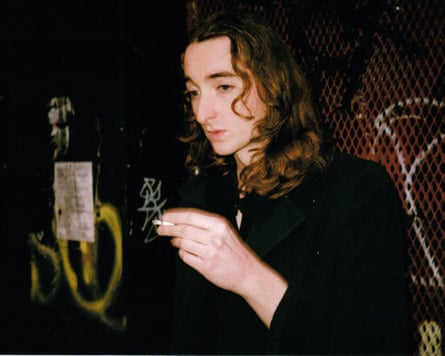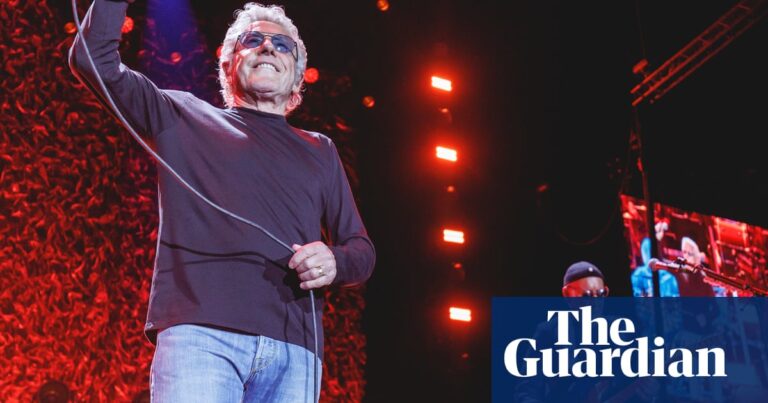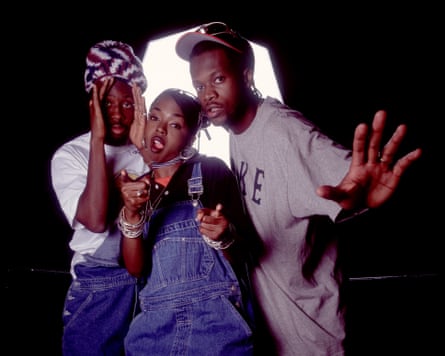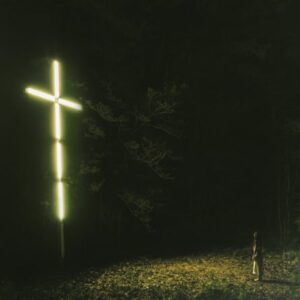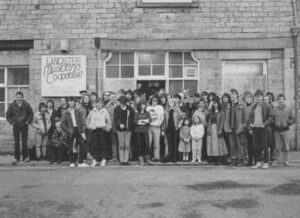‘When you know how a country sounds,” says Jerry Heil, talking of representing Ukraine at Eurovision, “you can feel more empathy for them”. Alongside rapper alyona alyona, she is speaking from Malmö. It is the morning after the first semi-final, where they safely secured a slot in Saturday’s grand final, but they have not had time to celebrate. “We are like old people,” says alyona alyona. “No party, no drink, no nothing.”
No partying and no nerves before performing either. “When we first rehearsed with the audience here in Sweden, I immediately got the feeling that they’re so supportive and so warm – in all senses!” says Heil. “I’m freezing all the time, but on stage at Eurovision, it’s like a sauna. The audience really give you the power and the energy, and you give it back, so it’s like the energy is circulating.”
Their song, Teresa & Maria, refers to Mother Teresa and the Virgin Mary, and is dedicated to women’s courage and resilience, particularly in times of war. alyona alyona (real name Alyona Savranenko) and Jerry Heil (Yana Shemaieva) wrote it with Anton Chilibi and Ivan Klymenko. Jerry Heil, who has amassed a large social media following through her music, says Eurovision is a perfect opportunity for people to “discover more about Ukrainian culture”.
Ukraine has tremendous pedigree in Eurovision, winning the contest at their second attempt with Ruslana’s Wild Dances in 2004. “All over the country it was like: ‘Ah Eurovision, OK, we watch this now’,” says alyona alyona of her earliest memories of the contest. “She made it like this level, then Verka Serduchka took it up to another level.”
Ukraine’s 2007 entry Dancing Lasha Tumbai by Verka Serduchka finished second and has become a Eurovision legend. The country won again in 2016 with Jamala’s politically charged 1944 about the deportation of the Crimean Tatars by the Soviet Union during the second world war, and in 2022 Kalush Orchestra rode a wave of European solidarity after Russia’s invasion, winning with Stefania.
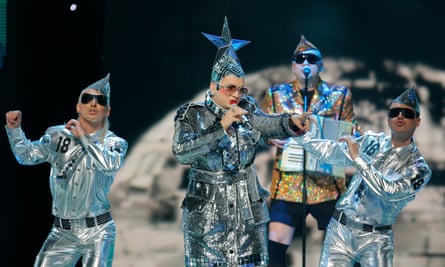
alyona alyona and Jerry Heil don’t seem to be letting the pressure of following in those footsteps get to them, and they are keen to use their appearance to draw attention to the plight of schoolchildren. In Malmö they are carrying replica wooden keys with them that represent the Velykokostromska school in Dnipropetrovsk, which was destroyed by a Russian missile strike. Working with United24, a charity set up by the Ukrainian government to raise funds during the war which counts Mark Hamill, Barbra Streisand and Andriy Shevchenko among its ambassadors, they are raising money to rebuild it.
“Our children have lost their childhood,” says alyona alyona, who was a preschool teacher before finding musical success, “because Russia bombed more than 500 school buildings. It’s horrible.”
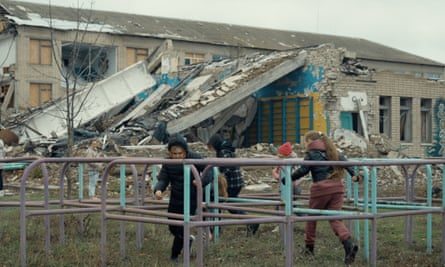
The pair have some kind words for the UK’s entry, Olly Alexander. In the first semi-final on Tuesday they performed directly after his song Dizzy, and said that as they were waiting in the wings they were “vibing to it”, helping get them in the zone for their moment in the spotlight. They make a point of extending their thanks to the UK for the way it has taken in Ukrainian refugees. “We feel it, we get it, we appreciate it,” says alyona alyona.
They have also been enjoying the camaraderie in Malmö. alyona alyona says it’s a shame that only 10 songs progress from each of the semi-finals. “Sometimes it is sad and unexpected who doesn’t go through, but this is the people’s choice.” Jerry Heil adds: “It’s hard to pick who might win, because we are all friends.”
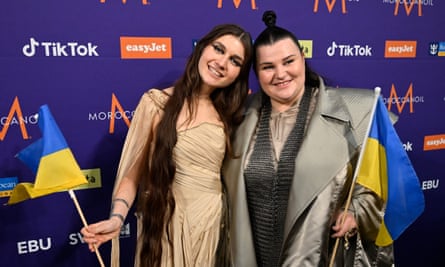
Eurovision fans obsess over how well songs do depending on when they perform during the final, but the Ukrainian pair have no preference for being high or low in the running order at the weekend. “It doesn’t matter, because we’re still going to be there till the end,” laughs Jerry Heil.
Bookmakers have them among the favourites for this year, but their aims go beyond simply winning the contest. “Everybody asks us if we want to win,” Jerry Heil says, “but if Ukrainian music goes in the charts, on your personal playlist, on a daily basis, then we have won.”
Source: theguardian.com









